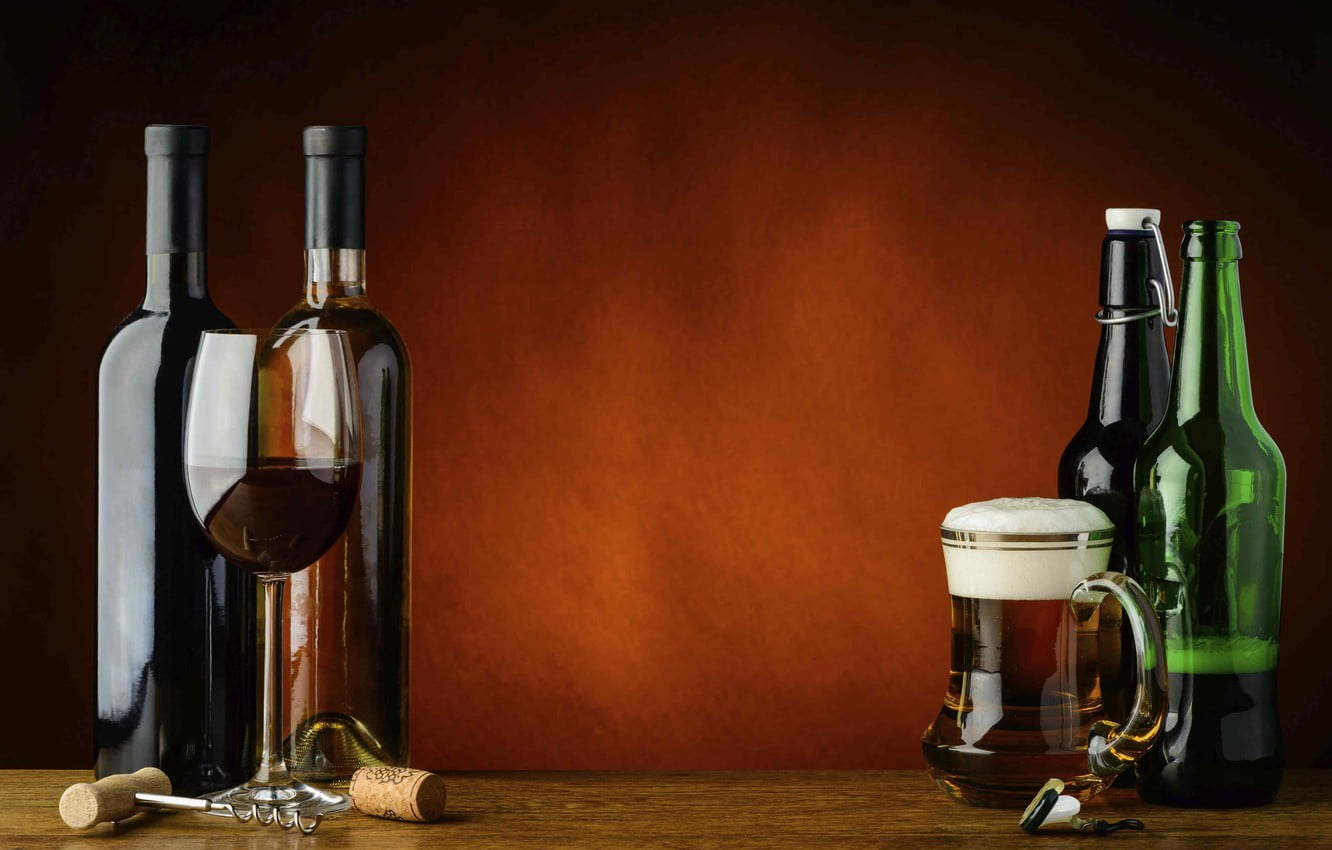There is a popular opinion that during a party it is better to drink drinks made from similar raw materials - this will help avoid a hangover in the morning. We checked whether this advice corresponds to modern research.
In 2017 Lenta.ru in the selection “The Truth Under Degree” wrote: “Experts categorically do not recommend mixing things made from different raw materials, such as wine and whiskey, port and beer, sake and vodka. <…> Therefore, you should not experiment with combinations, if only for the sake of your own health.” At the same time, on the website of alcohol stores “Aromatic World” appeared management about permissible “alcoholic unions.” The retail chain insists that one of the main “principles of compatibility” is the consumption of drinks made from the same type of alcohol: for example, grain (beer and vodka), grape (wine and cognac), etc. There is also a stereotype that you can mix drinks of different origins, but in a certain order: for example, in English there is proverb Beer before wine and you'll feel fine; wine before beer and you'll feel queer (“Beer before wine - you will feel good, wine before beer - you will get drunk”).
It was this proverb that a group of German doctors and scientists decided to test. In 2019 they published the results of his study on how hangovers differ depending on the consumption of a particular combination of drinks. The authors of the project selected 90 people aged from 19 to 40 years old to participate in it and distributed them into three groups, the composition of which was similar in average age, weight, height and alcohol habits. There were approximately equal numbers of men and women in all groups.
The study was divided into two stages. On the first day, all participants in the experiment ate heavily and then moved on to alcoholic beverages. One group first drank about 1.3 liters of beer (5%), then - 0.6 liters of white wine (11%), another - first wine, and then beer in the same volumes, the third (control) - either about 1.2 liters of wine or about 2.6 liters of beer. By the end of the evening, all study participants were required to achieve a BrAC (Breath Alcohol Concentration) of 0.11%. While drinking alcohol, they talked about how they felt, and the next day they sent scientists reports on how the hangover progressed.
Within a week after the first day of the study, participants stopped drinking any alcohol. Then the procedure was repeated, but the order of the drinks was changed. So, the first group drank wine first, and then beer, the second group - first beer, then wine. Members of the third group, who drank only wine on the first day, switched to beer, and vice versa. The volumes of drinks and the expected degree of intoxication remained the same; in the same way, study participants talked about their state during the “feast” and the next day.
Next, the researchers analyzed how the experiment participants described their feelings after two days of alcohol consumption. It turned out that regardless of whether the test subject drank one or two drinks, the severity of the hangover was approximately the same. There was also no significant difference between the groups that alternated between beer and wine differently. Scientists did not find a strict relationship between the degree of intoxication of a person (BrAC) and how severe the hangover was - according to the researchers, this may be significantly influenced by a person’s personal physiological characteristics.
Although the authors acknowledge the limitations of their study, we were unable to find similar studies examining the use of other drink pairs. It is likely that if the study included, for example, wine and vodka or beer and cognac, its results would differ from those obtained, but this is not yet known for certain. Specialists think, that a hangover due to a decrease in degree can most likely be explained not by the incompatibility of alcohols, but by a loss of control: after a strong drink, a person is less aware of the level of strength of beer or wine and stops monitoring the amount of drink.
This is not accurate
- J. Köchling et al. Grape or grain but never the twain? A randomized controlled multiarm matched-triplet crossover trial of beer and wine
- Yu. Sivolap. A healthy dose of alcohol? Is female alcoholism incurable? Scientists against myths
- Is it true that you should not drink alcohol while taking antibiotics?
If you find a spelling or grammatical error, please let us know by highlighting the error text and clicking Ctrl+Enter.







